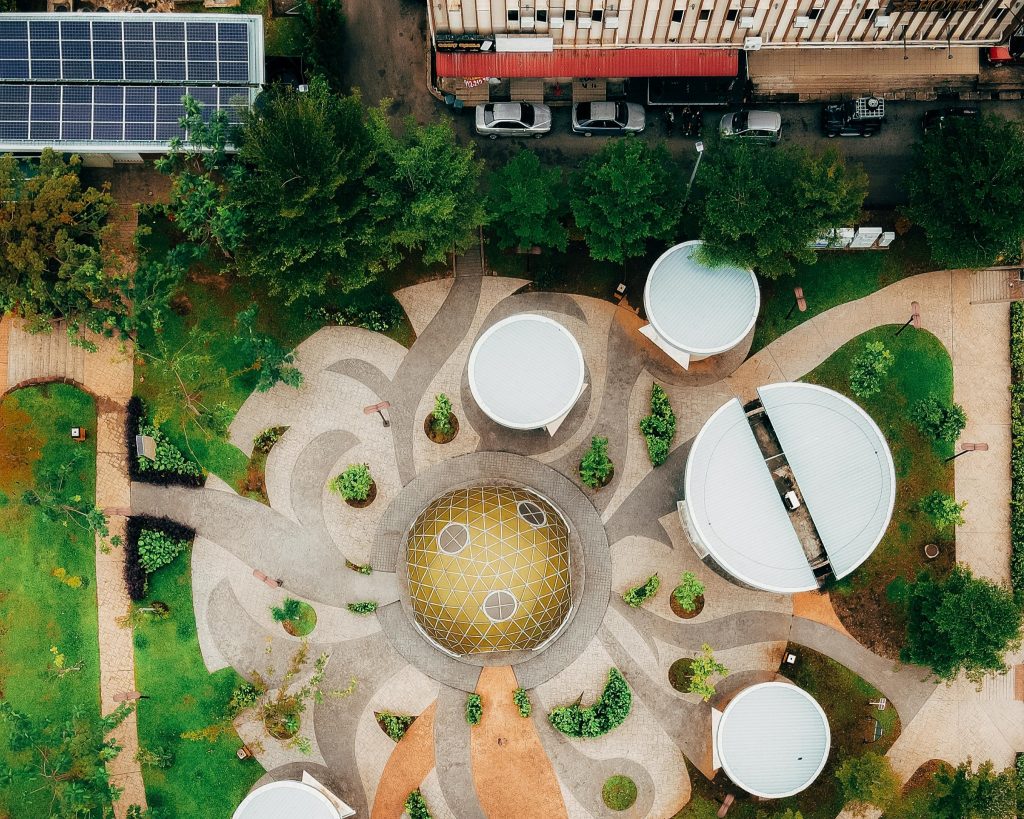
Noticia
Noticia
3 de diciembre de 2018

Mathematical applications and cement-based materials are the research focal points
We have set up two new Cross-Border Joint Laboratories (LTC). The agreement was signed within the framework of the Euskampus-Bordeaux Eguna. 230 researchers from the Euskampus-Bordeaux Cross-Border Campus, promoted by the University of the Basque Country UPV/EHU and the University of Bordeaux, participated in this meeting, along with heads and researchers from TECNALIA and the Donostia International Physics Center (DIPC), the other two entities involved in the Euskampus project.
In addition to TECNALIA, the UPV/EHU, the Basque Center for Applied Mathematics (BCAM), the University of Bordeaux, the French National Centre for Scientific Research (CNRS), and the National Polytechnic Institute of Bordeaux (Bordeaux INP) are participating in the LTC for Mathematics and its Applications – TRANSMATH.
Meanwhile, in the LTC for cement-based materials science and technology – BASKRETE, in addition to TECNALIA, the UPV/EHU, the DIPC, the Basque Center of Excellence for Macromolecular Design and Engineering (POLYMAT), the Materials Physics Center (MPC), the Spanish National Research Council (CSIC), the University of Bordeaux and the CNRS are taking part.
These two new LTCs are added to the two existing ones: the LTC for Advanced Manufacturing - AENIGME and the LTC for Theoretical Chemistry and Physics at Quantum Scale - QuantumChemPhys.
During the Euskampus-Bordeaux Eguna, held on 30th November in San Sebastian, researchers revealed the breakthroughs and challenges to be addressed in its six poles of knowledge. They configure a knowledge and innovation ecosystem in which agents from the academic world, technology and research centres, bio-sanitary institutes or from civil society collaborate and carry out research.
Marine energy, health science and technology, industry 4.0, healthy and sustainable regions, advanced materials and digital transformation are the six key areas in the poles of knowledge.